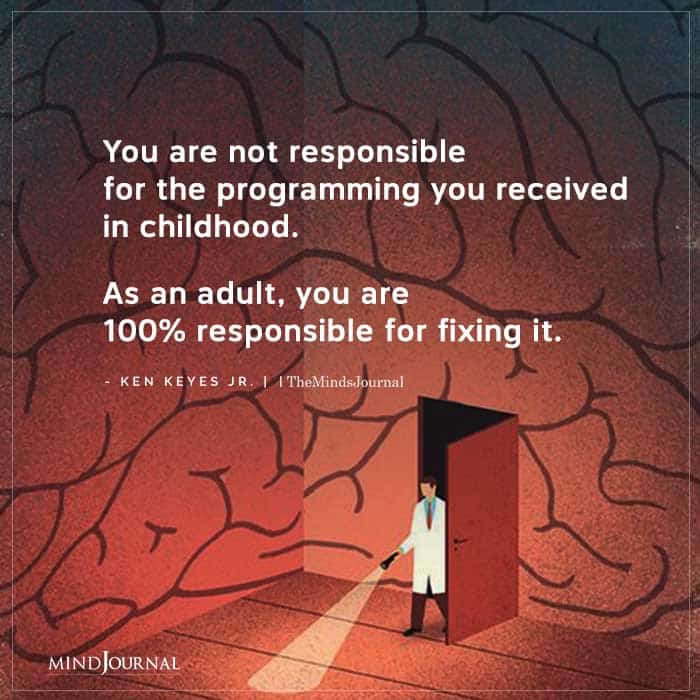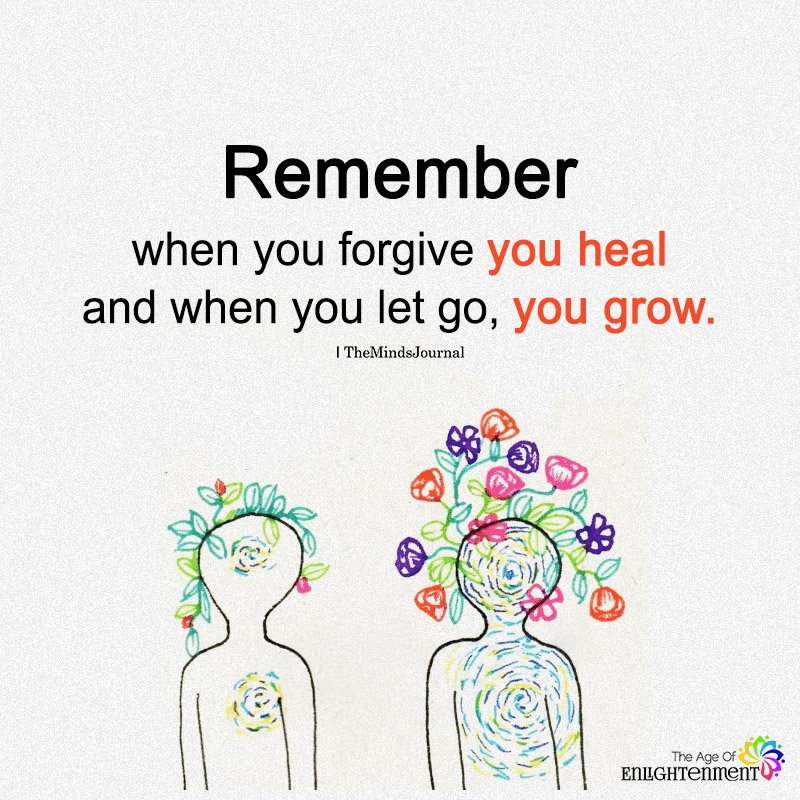Some of us got off to a rough start in life. And for many of us, our childhood was missing the kinds of experiences that every child needs in order to thrive. Consequently, chances are, we didn’t make it to adulthood with a very high estimation of our value.
As children (and to some degree as adults), we tend to see ourselves through the eyes of those whom we trust and depend upon. If those people don’t have particularly high regard for themselves, then their eyes will mirror back to us the same low self-esteem that they possess.
Related: 5 Common Challenges Of Childhood
What causes imperfect childhood?
Those of us who were fortunate enough to have positive esteem mirrored back to us were likely to come into adulthood feeling secure in themselves and safe in the world. For those fortunate ones, chances are that their feelings were welcome, their ideas validated, and their boundaries respected. They felt wanted to be cherished, honored, and loved and probably took it for granted that they were effective in making things happen, and were worthy of love and respect.
On the other end of the spectrum are those of us who came from families where we may not have felt wanted or valued, one that was chaotic or unpredictable, where we felt insecure, and that our feelings and desires were not heard, validated, and met. We may have felt that we were in the way, ignored, overly controlled, or that we were trouble. As children, we couldn’t change these conditions, so we were left feeling powerless, unworthy, and unlovable.
Most of us fall in the middle of the spectrum, so we know both extremes from our early lives and feel a mix of worth and worthlessness, unlovability and lovability.

The Cure for an Imperfect Childhood
While psychotherapy is the treatment of choice for many of those of us who are suffering from low self-esteem, anxiety, depression, or addictive patterns, there are other means available through which we can heal past wounds that have left us feeling broken or incomplete, one of them being that of a committed partnership.
Committed Partnership
A Committed partnership provides us with the means through which we can expose the unhealed or unloved parts of ourselves to someone who has the capacity and desire to accept that within us that we had deemed to be unacceptable or unlovable and bless us with their embrace of those aspects of ourselves.
They are not necessarily a substitute for therapy, but they can provide us with the kind of experiences that affect our sense of value as a person.
Related: Understanding Your Partner’s Childhood Traumas
The corrective experiences of being seen and heard, finally after years of being ignored, having our feelings and desires validated, respected, and met, heals us. Experimenting with setting boundaries and having them respected gives us a sense of self-respect. The security that comes from creating a predicable environment diminishes fear and anxiety and promotes feelings of relaxation and security to occur.
Committed partnership, due to their very nature tend to expose whatever within us, has been intentionally or unconsciously concealed. That exposure is one of the things that a committed partnership is meant to do. We will inadvertently bump into every sore spot many, many times.
Each and every one of these painful reactions provide an opportunity for healing, if we can see it as a challenge rather than an ordeal. If we trace back to the origin of these feelings, we begin to identify the false and limiting beliefs that have created them.
Related: How Inner Child Healing Can Help You Have Healthy Adult Relationships
As more evidence comes in over time, our self-concept changes. Slowly our awareness brings to light that we truly are, that is, our essential nature, undistorted by past conditioning. We can begin to see ourselves through the loving eyes of a partner who can reflect the value and worth back to us and become free of the distorted perspective of our parents who were incapable of seeing us we truly were.
As we let grow beyond our past perceptions and recognize our parents’ experience, we may find compassion and forgiveness towards them, freeing up a tremendous amount of energy for the present. When both partners consciously commit to a contract of mutual healing, the possibilities are endless.

If we can learn to override defensive, conditioned patterns with curiosity and wonder rather than reactivity, we can begin to discover what needs to happen in order to heal our painful wounds. We allow our partners to be our healers and return the great favor by healing their sore places as well.
The net result being that we live with peace of mind, trust that we are enough and not too much, believing that we are effectual, can set and realize goals, feel deserving of having our needs met, our desires fulfilled, and above all trusting that we are worthy of love. The overt contract to be each other’s healer is a good deal, and the benefits are exquisite.
Marriage can be a fine addition to therapy.
It’s not just marriage that has healing effects; it’s the kind of marriage. The quality of the relationship is of utmost importance. Both partners need to participate. It’s not enough to just get married to find a good person, and it’s not enough to be motivated to use the relationship as a healing path.
Both partners need to be committed to doing whatever is necessary to have the therapeutic effect take place. Therapy is not the only way to heal from childhood wounds, nor is it necessarily the best way. It’s certainly one useful method for a lot of people. But the relationships that are grounded in a shared intention to promote well-being in the lives of each partner can produce profound results as well.
Related: 7 Daily Rituals Happy Couples Use To Cultivate Lasting Love
Not only is it possible to have a great relationship after coming from a dysfunctional family but the pain of the dysfunction has become the motivation to do the work to create something more satisfying.
In fact when we finally establish a functional family, the gratitude and satisfaction that is enormous.
We savor the level of well-being that we enjoy now because of the sharp contrast with life in our family of origin. We learned tremendous lessons about what not to do from our original family, put those teachings into practice to establish a relationship, and life, worth living with exquisite appreciation.
How did you heal yourself from imperfect childhood? Leave a comment below
Written by Linda and Charlie Bloom Originally appeared in Psychology Today











Leave a Reply